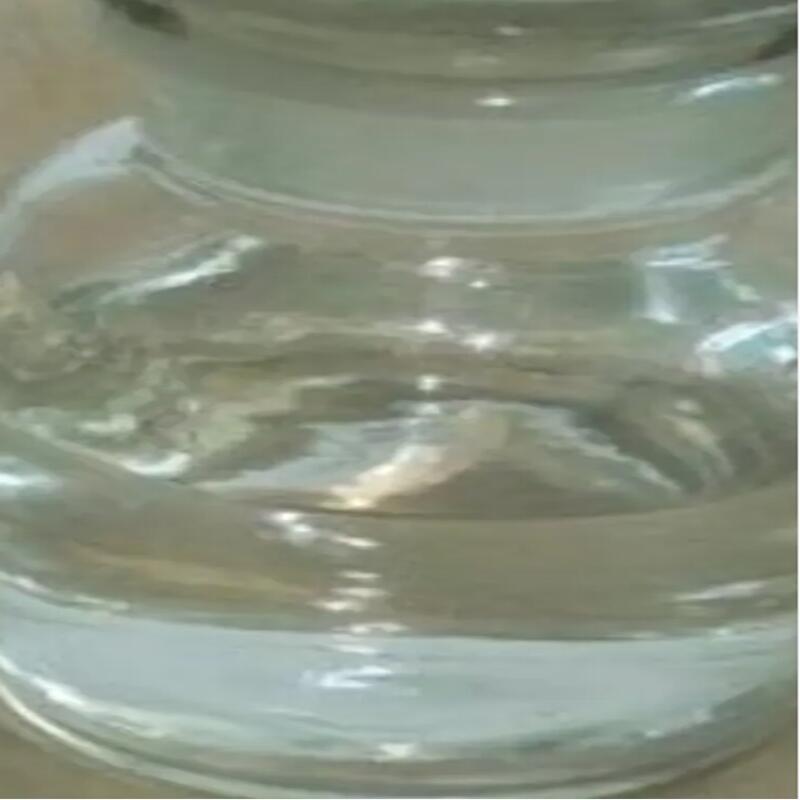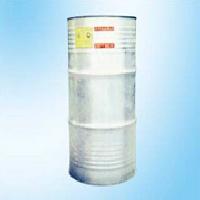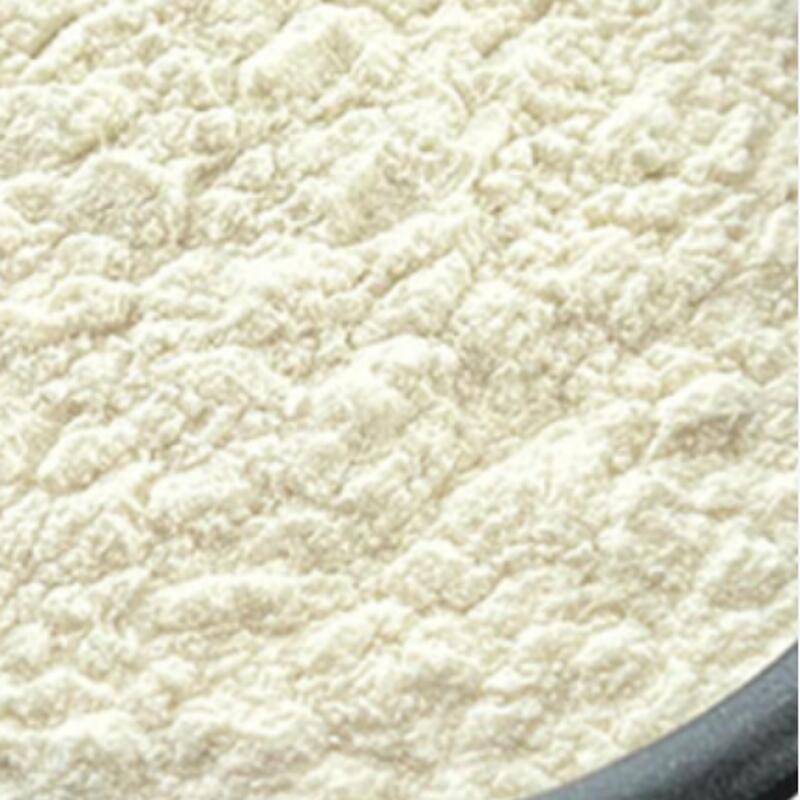-
Categories
-
Pharmaceutical Intermediates
-
Active Pharmaceutical Ingredients
-
Food Additives
- Industrial Coatings
- Agrochemicals
- Dyes and Pigments
- Surfactant
- Flavors and Fragrances
- Chemical Reagents
- Catalyst and Auxiliary
- Natural Products
- Inorganic Chemistry
-
Organic Chemistry
-
Biochemical Engineering
- Analytical Chemistry
-
Cosmetic Ingredient
- Water Treatment Chemical
-
Pharmaceutical Intermediates
Promotion
ECHEMI Mall
Wholesale
Weekly Price
Exhibition
News
-
Trade Service
Propylene carbonate is a chemical compound that is widely used in the chemical industry.
It is a colorless, low-viscosity liquid that is soluble in water and many organic solvents.
Propylene carbonate is an important building block for the production of a variety of chemical products, both upstream and downstream.
Upstream products are raw materials that are used to produce downstream products.
In the case of propylene carbonate, the upstream products are propylene oxide and carbon dioxide.
Propylene oxide is a colorless gas that is used to produce a wide range of chemical products, including polyurethane foams, surfactants, and polymers.
Carbon dioxide is a gas that is used in the production of a variety of chemicals, including sodium bicarbonate, ammonia, and urea.
Downstream products are chemicals that are produced using upstream products as raw materials.
In the case of propylene carbonate, the downstream products include a variety of chemicals that are used in a wide range of applications.
One of the most common downstream products is polypropylene carbonate, which is a polymer that is used in the production of a variety of plastic products.
Polypropylene carbonate is a strong, durable material that is resistant to heat, chemicals, and abrasion.
It is used in a variety of applications, including automotive parts, consumer goods, and packaging materials.
Another important downstream product of propylene carbonate is dimethyl carbonate, which is used in the production of polycarbonates.
Polycarbonates are a class of plastics that are known for their strength, durability, and transparency.
They are used in a variety of applications, including electrical components, medical devices, and consumer products.
Propylene carbonate is also used in the production of lubricants and fuels.
It is used as a solvent and plasticizer in the production of lubricating oils and additives, and it is also used as a fuel additive to improve combustion efficiency and reduce emissions.
In addition to its use in the production of chemicals and plastics, propylene carbonate is also used in the pharmaceutical industry as an excipient in the production of medicines.
It is used to solubilize poorly soluble drugs and to improve the flow properties of powders and tablets.
Overall, propylene carbonate is an important chemical building block that is used in the production of a wide range of chemicals and plastics, both upstream and downstream.
Its versatility and utility make it a valuable commodity in the chemical industry, and its use is expected to continue to grow in the future.







